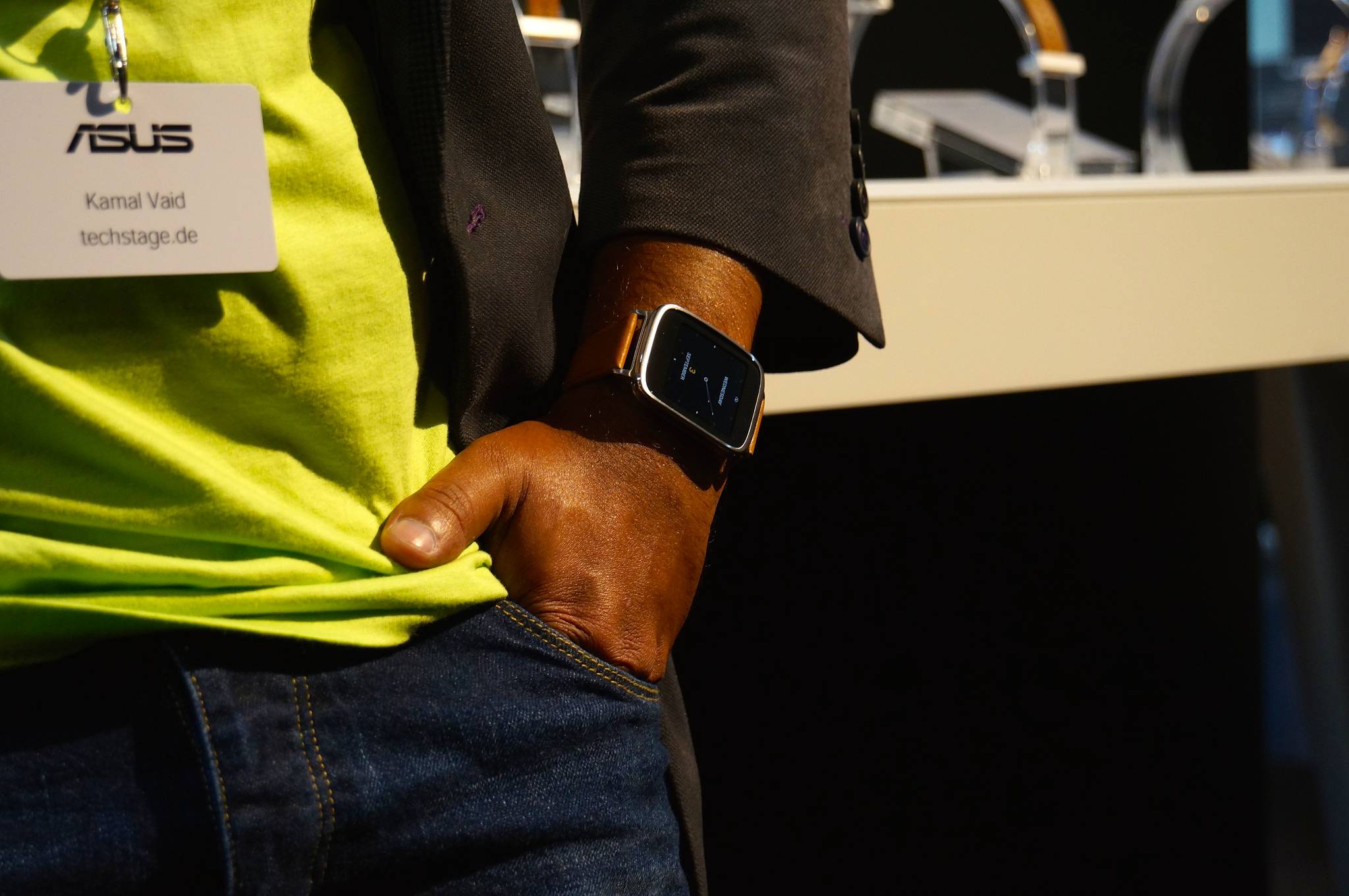
Why would anyone want to play a game where they can’t control the main character? Travel Frog – a game where the player has zero control over the main character – is winning the hearts of China’s stressed out youth. We explore the insights behind how the game is offering people a virtual getaway from the stresses of day-to-day life.
Also called Tabi Kaeru, the Japanese mobile game Travel Frog is proving a hit in China. It's been downloaded four million times since December, and players have spent more than $2 million on in-app purchases. The topic #TravelFrog# has received over 1.96 million views on Weibo and topped the free game charts on China’s Apple App Store for more than a fortnight.
Gameplay is simple – players own a cute green frog who lives in a small hut where he spends his time eating, writing, and reading. Players can collect or buy green clovers, which can be spent on snacks or items for the frog – but this is the limit to their control over the game. The frog does whatever it feels like, and will often set off on trips around Japan for anything from a few hours to a few days. He might send or bring back souvenirs or post cards – but players ultimately have no influence over his behaviour.
Relinquishing control might not sound that appealing to many gamers, but it reflects a growing subculture known as 'Zen youth' in China. Long work hours and low pay are taking their toll, with 40% of people saying they experience a lot of stress, while 86.5% are worried that their busy work schedules could affect their physical health. In response, many young people are turning their backs on the rat race and chasing achievements for a more relaxed lifestyle.
Slow games often give players an interactive virtual world that’s free of virtual risk or a pressured narrative – and allows them to unwind and forget the anxieties of the day to day. Research shows a correlation between how long people spend gaming each week, and how quickly they bounce back from work related stress. "You’re fulfilling a need through the frog: having a simple life outside of the office, going wherever you want without restrictions," says clinical psychologist Jamie Cheng. The popularity of Travel Frog offers a blueprint for how brands can appeal to the 'Zen Youth', and help position themselves as the antidote to the stresses of modern day Chinese life.
Rebecca Smith is a behavioral analyst at Canvas8, which specializes in behavioral insights and consumer research. She has worked with a number of global brands to help them better understand the mindsets of their audiences, from what people want from fake tan to how they feel about technology. Outside of work, you’ll find her binge-watching anime or with her nose stuck in a fantasy novel.



